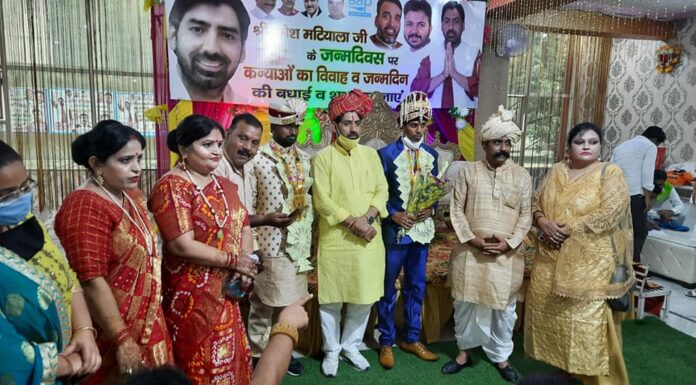Since there has been art, there have been critics, and since there have been critics, there have been negative reviews. As for books, there is never a shortage of people handing out scathing reviews, the more so in recent times, since the emergence of websites like Goodreads and the possibility of leaving a review on a book’s ‘product page’ on Amazon has allowed pretty much anyone to become a ‘critic’.
The negative review can be devastating for an author. As with any other piece of art, authors often feel like they have poured a ‘piece of their soul’ into their books. While this may be a creative exaggeration, most writers can honestly claim to have laboured for hours, through discouragement, self-doubt and societal ridicule, to bring out that book. A book which a reviewer can demolish in a matter of a few lines, or sometimes in a lengthy hatchet job.

Neither is the phenomenon of negative reviews restricted to anonymous reviewers or less-famous authors. Dickens, Wodehouse, Mark Twain – all these luminaries have suffered as much from criticism as the unknown self-published author of modern times.
So how does one respond to a negative review?
Well, let us be very clear on what not to do, first. In no circumstances should an author try to identify the reviewer, if it is a person unknown to them. The last thing you want is to be a joke of a headline, like this writer, who assaulted the writer of a negative reviewer at her place of work, or this borderline-insane behaviour by another.
Rather, try to identify which of these categories the negative review you have received falls into:
-
A review that tries to suggest improvements to your book.
-
A review that is vicious and personal in its negativity.
If a review is detailed, pointing out specific issues with the plotting, character development or writing style, consider it as falling in the first category. These are the negative reviews you want. Criticism of this nature is what you should be seeking. Developmental, or constructive criticism, as it is called, even if couched in sarcastic or severe words, should be paid close attention to by an author. The more you read and internalise such criticism, the more you will learn about your readers. What their expectations are. How they approached your story. You may not agree with all these points, but the important thing is to understand that the opinion is a valid one, and while some things you may feel yourself unable or unwilling to change, suggestions that can be implemented, should be considered seriously.
This is not to imply that all suggestions should be blindly accepted. Remember that not all reviewers are comfortable in the genre you write it. Some opinions do count more than others. Suggestions as to mistakes and errors should always be taken seriously, no matter where they come from, but stylistic and plot-development criticism must be seen as ingredients in making you a better writer – how much of each ingredient you wish to take on board is up to you.
By contrast, a vicious review is one with no developmental suggestions. Something like:
“This is a rotten book.”
“Did not work for me.”
“The author must be a complete fool.”
Well, these help no one. It may be an impression, which the reviewer is entitled to have, but it does not tell the writer anything. It may be written by a person who is intensely frustrated and is venting it out on a soft target – you. It may even be by someone who has reasons to dislike you for reasons completely unrelated to your writing. (Sample the barrage of negative reviews to Barkha Dutt’s recently-released book on Amazon – it’s pretty safe to say that far too many people who dislike her on-air personality or her political views are releasing their hatred by writing negative reviews).
In such a case, there is only one thing to do. Ignore it. Ignore the review, and the reviewer.
Finally, as a writer, it is you who need to believe in your art, and yourself. Critics will carp, as is their job, and take from them what you believe will add to your growth as an artist.































